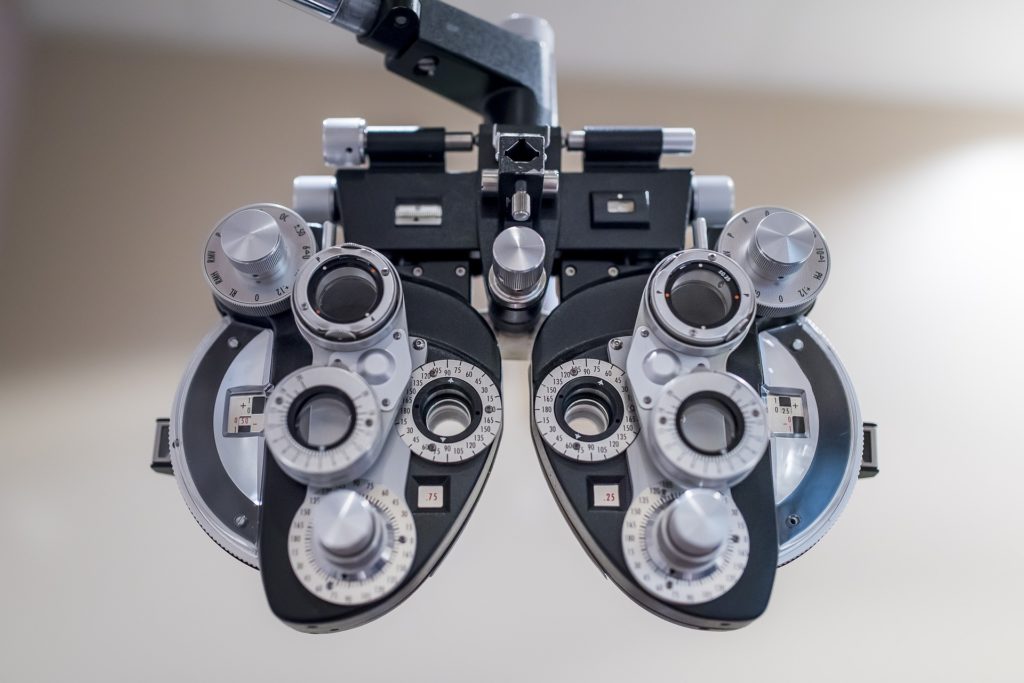
Multiple sclerosis (MS) is a challenging disease that affects individuals differently. Unfortunately, studies show that Hispanic and Black people with MS often experience higher levels of disability compared to white people, yet they are less likely to receive prescriptions for newer, more effective treatments. However, a recent study from Kaiser Permanente Southern California, presented at the American Academy of Neurology’s 77th Annual Meeting, introduces a promising solution to reduce these disparities through a straightforward treatment algorithm.
The Study’s Objective
The study aimed to identify a method to increase the use of highly effective disease-modifying treatments among all racial and ethnic groups, thereby improving health outcomes for people with MS. Dr. Annette Langer-Gould, MD, PhD, the study’s author, expressed excitement about the potential of the algorithm to rapidly increase medication use across diverse populations, ultimately enhancing their health.
How the Algorithm Works
The treatment algorithm utilizes readily available clinical factors such as weakness and bladder dysfunction and considers social factors like out-of-pocket costs, transportation barriers, childcare, and work schedules. Importantly, it does not take race and ethnicity into account. By focusing on these factors, the algorithm helps match individuals to newer treatments that are highly effective in reducing MS relapses, such as natalizumab, rituximab, and ofatumumab.
Key Findings
The study involved 1,741 Hispanic people, 978 Black people, and 3,400 white people with MS who were receiving disease-modifying therapies. Researchers discovered notable differences in relapse rates among these groups before the implementation of the algorithm. Hispanic people had a higher annual relapse rate than white people, with 245 relapses compared to 156 relapses per 1,000 person-years. Black people also had higher relapse rates than white people during one year of the study.
Impact of the Algorithm
Over the 12-year study, the researchers observed an increased use of highly effective therapies across all three groups, particularly rituximab, which is more affordable and can be administered less frequently. For Hispanic people, there was an 89% increase in the use of highly effective therapies, an 87% increase for Black people, and an 83% increase for white people.
After adjusting for age and sex, the researchers reported a significant decline in the annual relapse rate for each group. Hispanic people experienced a 90% reduction in relapses, white people saw an 86% reduction, and Black people had an 82% reduction. By the end of the study, there was no longer a significant difference in the annual relapse rate among Hispanic, Black, and white people.
Encouraging Results
Dr. Langer-Gould highlighted the success of the program, stating, “It is encouraging that our program led to more effective treatments for people with MS resulting in a large reduction in relapse rates among Hispanic, Black, and white people.” The study demonstrated that using an algorithmic approach to increase the use of highly effective medications, particularly affordable ones like rituximab, can reduce racial and ethnic disparities in MS and greatly improve outcomes for all individuals with relapsing forms of MS.
Limitations and Future Directions
While the study showed promising results, it did not assess long-term disability or the benefits of starting highly effective treatments at diagnosis compared to delaying them until later in the disease course. Further research is needed to explore these aspects and continue improving MS treatment strategies.
Conclusion
The introduction of a simple treatment algorithm marks a significant step forward in reducing treatment disparities for Hispanic and Black people with MS. By leveraging clinical and social factors, this approach ensures that more individuals receive the best possible care, ultimately leading to better health outcomes for all.



